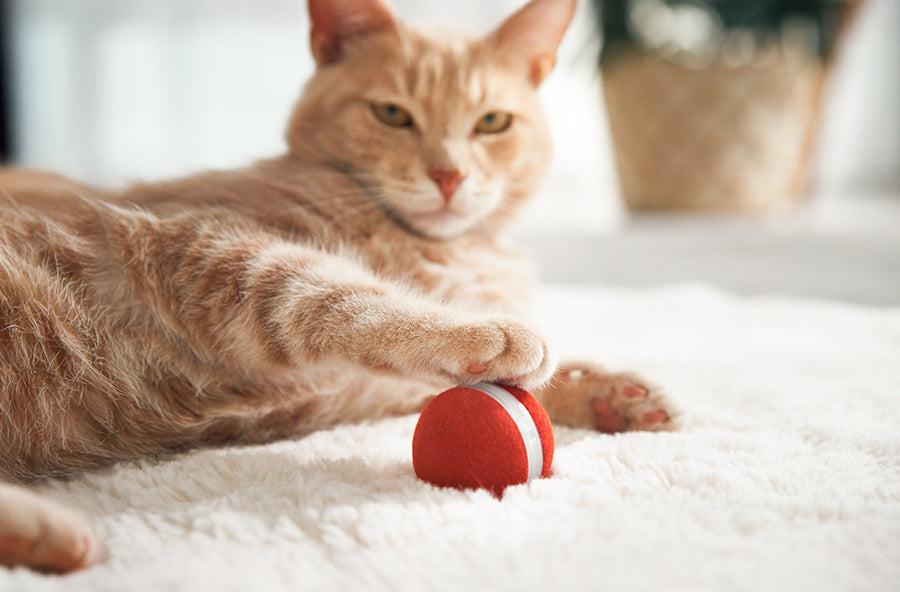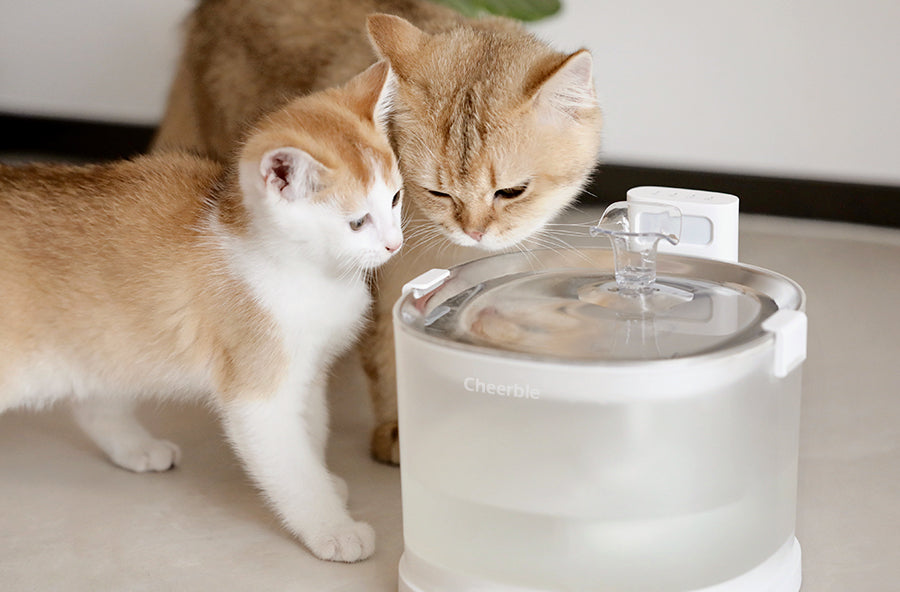Welcoming a new kitten into the house is a big move. The first thing you are thinking is the thriftiness of a new pet bucket, I bet the second one is to wash their life to live longer than ever you can ask for, so that you can stick together for such a long time. Cat lovers know that each year flies by in a blur of purrs, sleepy afternoons, and the occasional sprint across the hallway at 3 a.m.
But how long do cats live, really? And what can we do to make sure they stay healthy and happy for as long as possible?
What Is the Average Lifespan of a Cat?
Most cats live between 12 and 18 years. Some live well into their twenties, especially with good care and a bit of luck. The current record for the oldest known cat goes to Creme Puff, who lived to be 38 years old in Texas.
Indoor cats tend to live longer than outdoor cats, often by a wide margin. The average indoor cat lifespan is around 15 years, while outdoor cats often average closer to 7 due to more unpredictable hazards. That doesn’t mean every indoor cat is guaranteed a long life, but it certainly improves the odds.
Indoor Cats Mostly Live Longer Than Outdoor Adventurers
Indoor cats live longer because they are exposed to fewer threats. They are protected from traffic accidents, predators, poisonings, and infectious diseases that can spread between stray animals. They also tend to get more consistent veterinary care.
On the other hand, outdoor cats may get more exercise and mental stimulation, which are also important for long-term health. For this reason, some pet owners opt for a “compromise” like a catio or supervised outdoor time. This allows a safe taste of the outside world without the full set of risks.
If you’re raising an indoor-only cat, remember that boredom can affect their health, too. Bored cats may overeat, under-exercise, or develop behavioral issues. Make time to play with your cat daily, and rotate their toys to keep things fresh.

Some Cat Breeds Even Live Longer Than Others
Yes, breed does influence longevity. Mixed-breed domestic cats tend to live longer than some purebred cats, often because they are less likely to inherit breed-specific health conditions.
That said, certain purebreds are known for their long lifespans. Siamese cats often live into their late teens or beyond. Burmese and Russian Blues also have reputations for longevity. On the flip side, breeds like the Bengal or Maine Coon, while beautiful and active, may have slightly shorter lifespans due to genetic predispositions.
It’s worth noting that smaller breeds often live longer than larger ones, although this rule is more strongly observed in dogs. Still, if you are selecting a breed, ask about known health conditions and longevity trends.

Tips That Help Your Cat Live a Longer, Healthier Life
Long life comes from a mix of genes and lifestyle. You can’t choose your cat’s genes, but you can absolutely influence the rest.
- Nutrition matters. Feeding your cat a well-balanced diet that matches their life stage (kitten, adult, senior) can support every system in their body.
- Regular vet visits. Even if your cat looks perfectly healthy, annual checkups can detect silent issues before they become major problems.
- Dental care. Cats are masters at hiding pain, and dental disease is one of the most common and under-treated problems. Brushing is ideal, but even dental treats or rinses can help.
- Enrichment and play. Keep their bodies active and minds engaged. Daily playtime helps prevent obesity and keeps joints in motion.
- Weight management. Extra weight shortens lives. An overweight cat is at higher risk for diabetes, joint problems, and even cancer.
Your cat may not love every health-related change at first. But with patience and consistency, most adjust. Remember that each little choice you make adds up over time.

Common Health Issues That Can Affect a Cat's Lifespan
Just like people, cats face health hurdles that can chip away at their quality of life or shorten their years.
- Kidney disease is common in older cats, especially those over 10. It progresses slowly and often shows subtle signs at first, like increased thirst or weight loss.
- Hyperthyroidism causes increased appetite, weight loss, and hyperactivity. It’s common in seniors and treatable when caught early.
- Cancer in cats can appear in many forms. Regular vet visits are crucial for early detection.
- Dental disease might sound minor, but it can cause systemic issues if bacteria enter the bloodstream.
- Feline lower urinary tract disease (FLUTD) is often stress-related and painful, particularly in male cats. Good hydration and a calm environment help.
Staying in tune with your cat’s behavior is one of the best ways to catch health issues early. If something feels off, don’t wait to check in with your vet.

Conclusion: A Partnership for a Long and Happy Life
There’s no magic formula for how long a cat will live, but the bond you build along the way is what truly counts. Caring for a cat is both an art and a science. It’s a commitment to learning their quirks, keeping up with their needs, and adapting as they grow older.
Whether your cat ends up living 10 years or 20, it’s about giving them the fullest, happiest life possible. From kitten to senior, they count on you—and with a little luck and a lot of love, you’ll share many years of memories together.
FAQs About Cat Lifespans
How can I estimate my cat's age in human years?
A rough guide is to consider a one-year-old cat similar to a 15-year-old human. At two, they’re closer to 24 in human years. After that, each year adds about four human years. So a ten-year-old cat is around 56 in human terms. This isn’t exact, but it gives you a helpful frame of reference.
What are the signs that my cat is entering its senior years?
Look for subtle changes. Your cat may sleep more, jump less, or become more vocal. Their coat may lose shine, and their appetite could shift. Some become clingier, while others prefer more alone time. Keep an eye out for changes and work with your vet to support them as they age.
Do female cats really live longer than male cats?
Yes, on average, female cats tend to outlive males by a year or two. The reason is likely a mix of hormonal and behavioral factors, though the difference is not dramatic. Spaying or neutering also plays a role in extending life expectancy by reducing the risk of certain diseases.




















Leave a comment
All comments are moderated before being published.
This site is protected by hCaptcha and the hCaptcha Privacy Policy and Terms of Service apply.